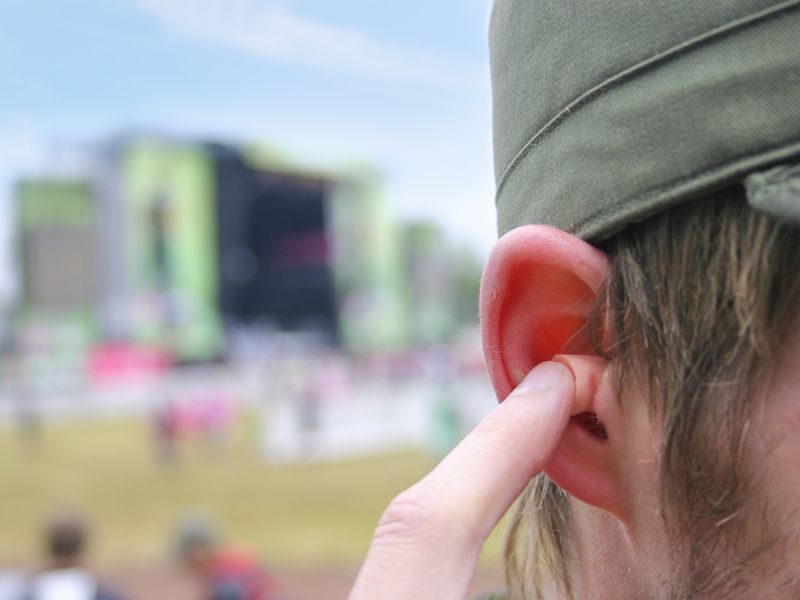
If you’re exposed to loud sounds, say using a lawnmower in your yard, going to a venue to see your favorite band in concert, or simply sleeping at home next to a snoring spouse, earplugs might be practical. In the first two circumstances, they can assist in safeguarding your hearing by decreasing the volume. They help save your sanity and possibly even your relationships, in the last instance, by letting you get a good night’s sleep. But are your ears being injured by these protectors?
Why Utilize Earplugs at All?
It’s a fairly simple argument for using earplugs: When used properly, earplugs can limit your exposure to extreme sound levels and thereby safeguard your ears. Perhaps you’ve noticed that your hearing seems different after you leave a loud venue, say, a football game with a loud crowd, and you may also experience symptoms of tinnitus. This occurs because those super-loud sounds can actually bend the small hair cells in your inner ear. In a day or two, when the hairs have recovered, it often goes back to normal.
But in many situations, there is a constant assault on those tiny hairs, particularly if you work in a high volume trade such as construction or around jet planes. Rather than bending and then recovering, the cells are damaged permanently. Inside each cochlea, you have around 16,000 of these tiny hair cells, but up to 50% of them can be harmed or ruined before your hearing has altered enough for the problem to appear in a hearing exam.
Is it a Possibility to Injure Your Ears by Using Earplugs?
When it comes to protecting your ears, you’d think it would be obvious to make use of earplugs. But particularly if you’re in situations where you’re subjected to loud noises all the time (like on the job or with the previously mentioned snoring partner), over-the-head earmuffs or noise-reducing (but not completely blocking) headphones are a smarter option. Earplugs are better suited to one-off situations such as a sporting event or concert than for day to day use.
Why? For one, earwax. Your ears make wax to protect themselves, and if you’re always wearing earplugs, more earwax will be generated, and the earplugs will jam it in further. This can cause issues like impacted earwax, which can cause tinnitus and other hearing disorders.
An ear infection can be another issue for those who use earplugs. If you repeatedly use the same pair, and you don’t clean them properly between uses, they can become breeding grounds for bacteria. Certainly, ear infections are a disruption of your life. But at the worst-case-scenario end of the scale, they can also be the cause of a loss of hearing if you fail to get treatment.
How Can You Safely Utilize Earplugs?
Earplugs nevertheless have a strong benefit, whether it’s protecting your ears or getting a peaceful night’s rest. You just need to be certain you’re using the proper kind and using them the correct way. The porous material of foam earplugs is a germ paradise so it’s a helpful thing they are the least expensive. Don’t put silicone or wax earplugs back in your ears until they are totally dry after using warm water to entirely sanitize them. Accumulation of moisture can cause bacteria or mold so store your earplugs in a well ventilated place.
You might want to speak with us concerning custom fit earplugs if you need or want them regularly. These are made from unique molds of your ears, they can be reused and because they’re fitted to your ears, comfortable. Again though, to stop any possible hearing problems, it’s crucial to practice smart earplug hygiene!